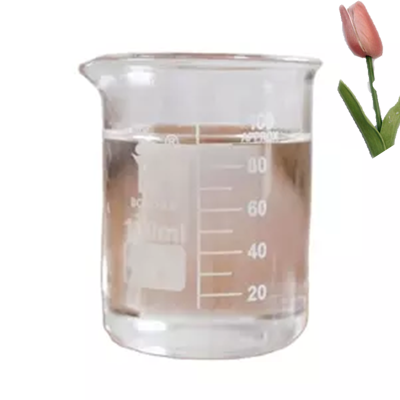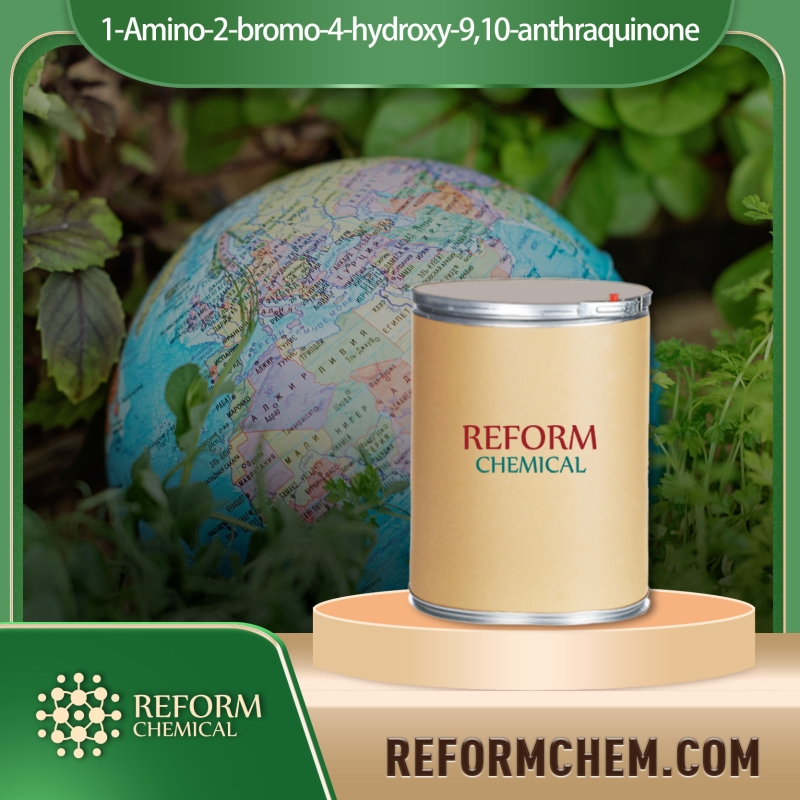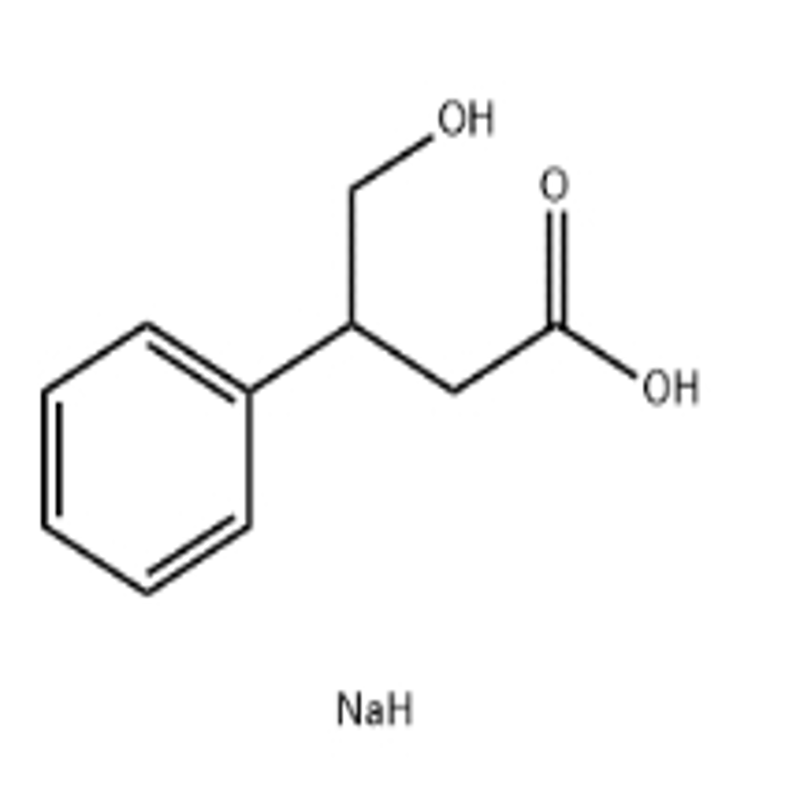-
Categories
-
Pharmaceutical Intermediates
-
Active Pharmaceutical Ingredients
-
Food Additives
- Industrial Coatings
- Agrochemicals
- Dyes and Pigments
- Surfactant
- Flavors and Fragrances
- Chemical Reagents
- Catalyst and Auxiliary
- Natural Products
- Inorganic Chemistry
-
Organic Chemistry
-
Biochemical Engineering
- Analytical Chemistry
-
Cosmetic Ingredient
- Water Treatment Chemical
-
Pharmaceutical Intermediates
Promotion
ECHEMI Mall
Wholesale
Weekly Price
Exhibition
News
-
Trade Service
Neopentyl glycol diglycidyl ether (NPGE) is an important derivative of neopentyl glycol (NPG), which is a colorless, odorless, and nearly odorless liquid with a low viscosity.
NPGE is often used as a building block in the production of various chemicals, materials, and products.
In the chemical industry, NPGE is considered an upstream product, which is then used to produce downstream products.
Upstream products, also known as basic chemicals, are the raw materials used to produce downstream products.
NPGE is an upstream product because it is derived from neopentyl glycol, which is a basic chemical.
The production of NPGE involves the reaction of neopentyl glycol with glycidol in the presence of a catalyst, such as para-toluenesulfonic acid.
NPGE is then isolated from the reaction mixture using conventional methods, such as distillation or crystallization.
Downstream products are the final products that are produced using upstream products as raw materials.
Downstream products can be further processed or used as is, depending on their intended use.
NPGE can be used as an intermediate in the production of various downstream products, such as polyurethane polymers, coatings, and adhesives.
One of the most common applications of NPGE is in the production of polyurethane polymers.
Polyurethane is a versatile material that can be used in a wide range of applications, such as in the manufacture of foams, coatings, adhesives, and elastomers.
NPGE is used as a chain extender in the production of polyurethane polymers.
The reaction of NPGE with a diisocyanate, such as toluene diisocyanate (TDI), results in the formation of a polyurethane prepolymer.
This prepolymer can then be further processed, such as by reacting it with a hydroxy-functional material, to produce the final polyurethane product.
Another important application of NPGE is in the production of coatings.
NPGE can be used as a reactive diluent in the production of solvent-borne coatings.
The reaction of NPGE with an epoxy resin results in the formation of a crosslinked network that gives the coating its durability and flexibility.
NPGE can also be used as a reactive curing agent in the production of water-borne coatings.
In this application, NPGE reacts with the curing agent, such as a polyisocyanate, to produce the final coating.
Finally, NPGE can be used in the production of adhesives.
NPGE can be used as a reactive diluent in the production of reactive hot-melt adhesives, where it reacts with a polyfunctional monomer, such as an acrylate or methacrylate, to form a crosslinked network.
NPGE can also be used as a reactive modifier in the production of emulsion adhesives, where it improves the properties of the adhesive, such as its wetting and penetration.
In summary, Neopentyl glycol diglycidyl ether (NPGE) is an important upstream product used in the production of various downstream products, such as polyurethane polymers, coatings, and adhesives.
Its versatility and reactivity make it a popular building block for the chemical industry, and its derivatives are used in a wide range of applications.







